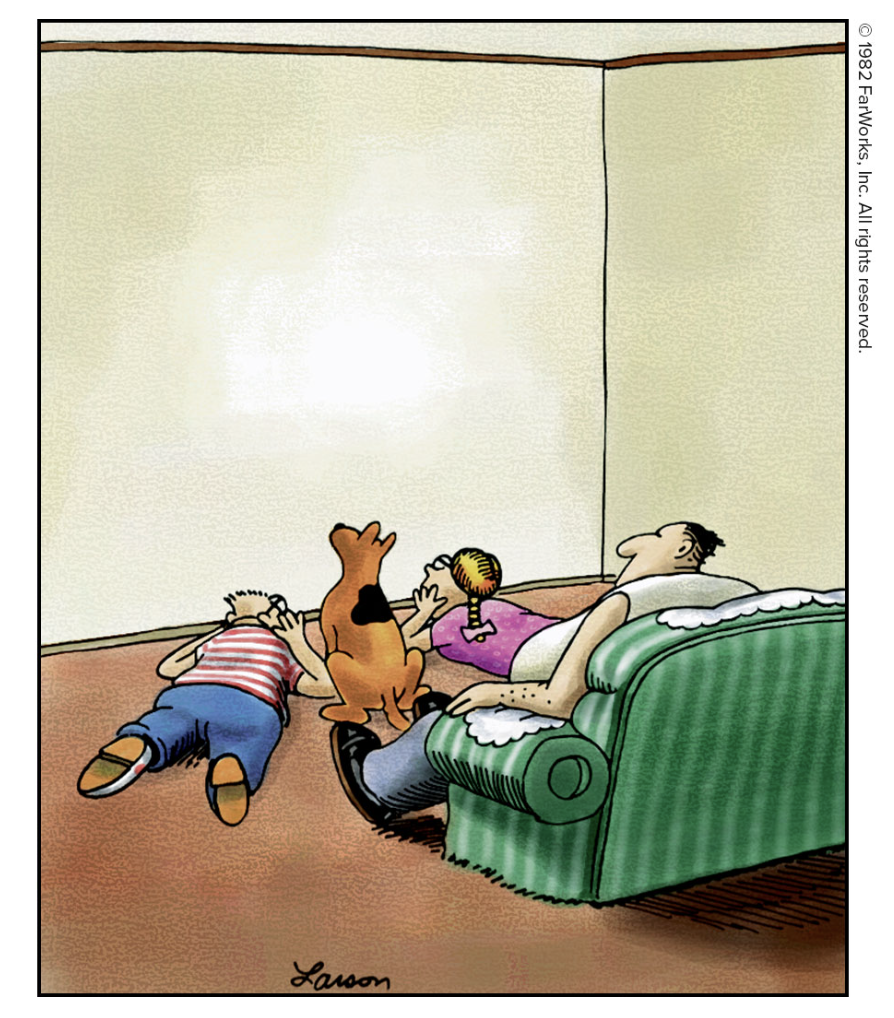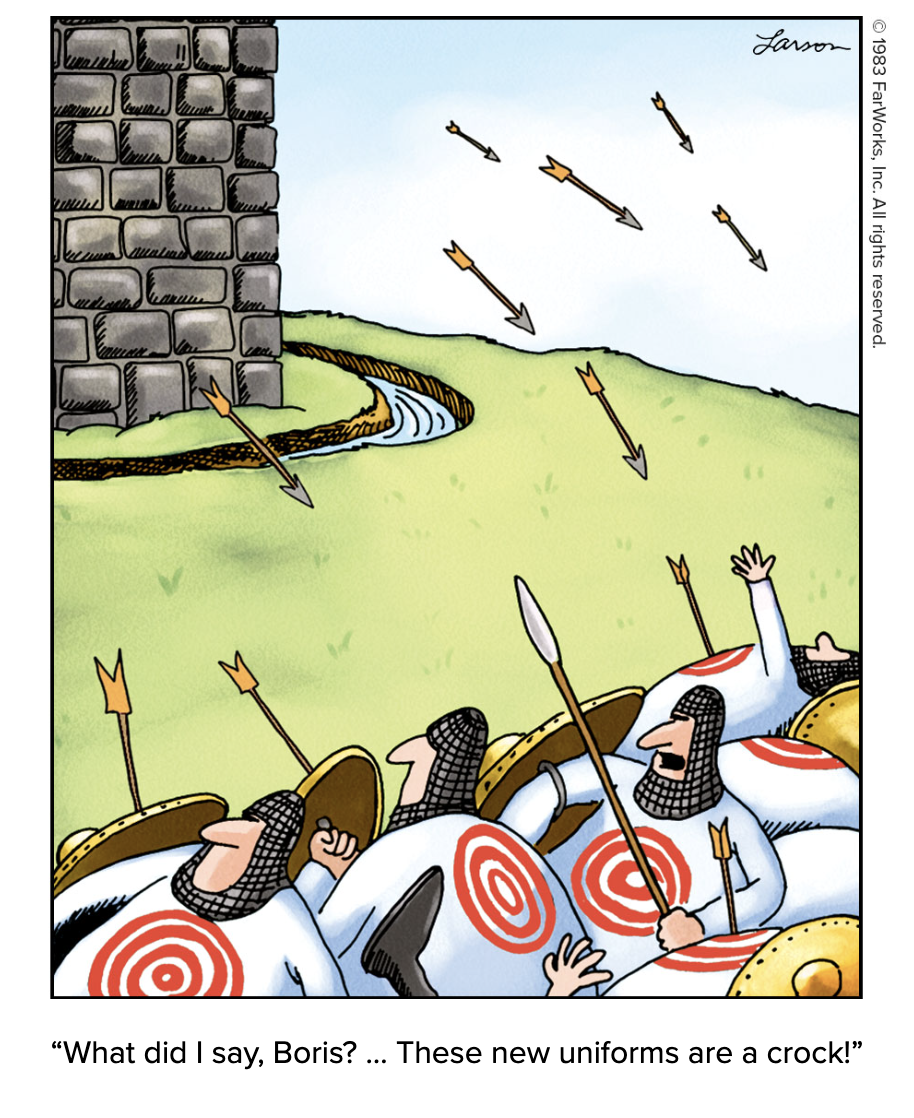WetShaving
591 readers8 users here now
What is wetshaving? Modern wetshaving is made up of hobbyists who enjoy a wide range of shave soaps, aftershaves, shaving brushes, razors, and more. From modern to vintage, there's a great shave out there for everyone. We actually enjoy shaving!
Visit the wiki to learn more and see if it might be something you'd like to try. Feel free to make a post with any questions you might have.
🪒 Check out these alternative front-ends for this server:
https://gem.wetshaving.social/ - a nice modern interface
https://old.wetshaving.social/ - designed to look like old.reddit.com
🪒 Track the uptime of our various services here:
https://uptime.splettnet.com/status/wetshaving
🪒 Check out our other WetShaving communities!
- Mastodon: https://wetshaving.social/
- Reddit: https://reddit.com/r/wetshaving
- Discord: https://discord.gg/qnvxavp3
- IRC: https://kiwiirc.com/client/?settings=dd892af474749b032ba39bb88a8894d9#wetshaving
- WetShaving Wiki: https://wiki.wetshaving.social/
🪒 Wetshaving Lemmy Instance Rules
1. Behaviour and Etiquette
- Be Respectful. Do not bully, flame, or harass others.
- Malicious comments are not allowed but heated discussion and salty banter is okay.
- Low effort replies and complaints about content will be removed.
- No bigotry of any kind.
- No pornography.
2. Content Guidelines
- !wetshaving@sub.wetshaving.social is the main subLemmy, which will have the Mail Call, Simple Questions, and SOTD threads.
- Users are welcome to form other subLemmys on this server so long as they are related to traditional wet shaving. Administrators reserve the right to remove subLemmys that are not related to traditional wet shaving.
3. Reviews and Disclosure
- Use [First Impressions] if your experience with the product is limited.
- Use [Review] if you can provide comprehensive details with enough familiarity to answer follow-up questions.
- Disclose how the product being reviewed was acquired (e.g., PIF, loan, or purchase). If the product was provided to you directly by the maker or vendor free of charge or at a discount, you must disclose this fact even if the item will later be returned to the maker or vendor.
4. Advertising
- Vendors are to limit marketing posts by waiting 7 days before posting again (even if the post content is different). Non-shaving related vendors are prohibited.
- Non-vendors may post topics about products if it will foster a compelling discussion.
- Affiliate links will removed at moderator discression.
5. Inappropriate Content
- All NSFW/L content must request administrator approval and be flaired appropriately.
- Non-shaving related NSFW/L content is not allowed.
∞. Administrator Discretion
- The rules may not apply perfectly to every situation. The administrators have final discretion.
- Questions, concerns, or appeals must be sent to @wetshavingadmin@sub.wetshaving.social. Do not message individual administrators.
founded 1 year ago
ADMINS
The communities on this instance are all about shaving.
51
52
53
54
55
56
57
58
59
60
61
62
63
73
California prepares to fortify state’s abortion access: ‘Fight for what’s right’
(www.theguardian.com)
64
65
66
13
The Global South, with China in the forefront, is the key driver towards true multilateralism
(socialistchina.org)
67
68
69
70
71
72
73
12
Richard Wolff: US shifts blame onto China because it cannot address capitalism’s flaws
(socialistchina.org)
74
75





